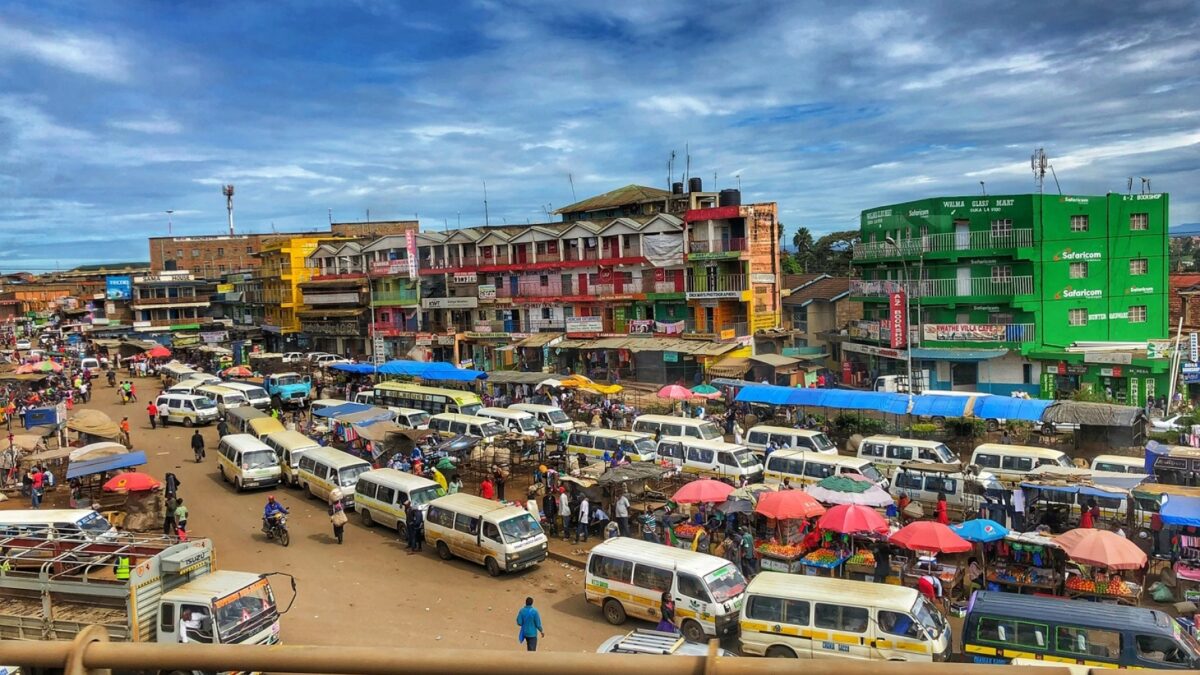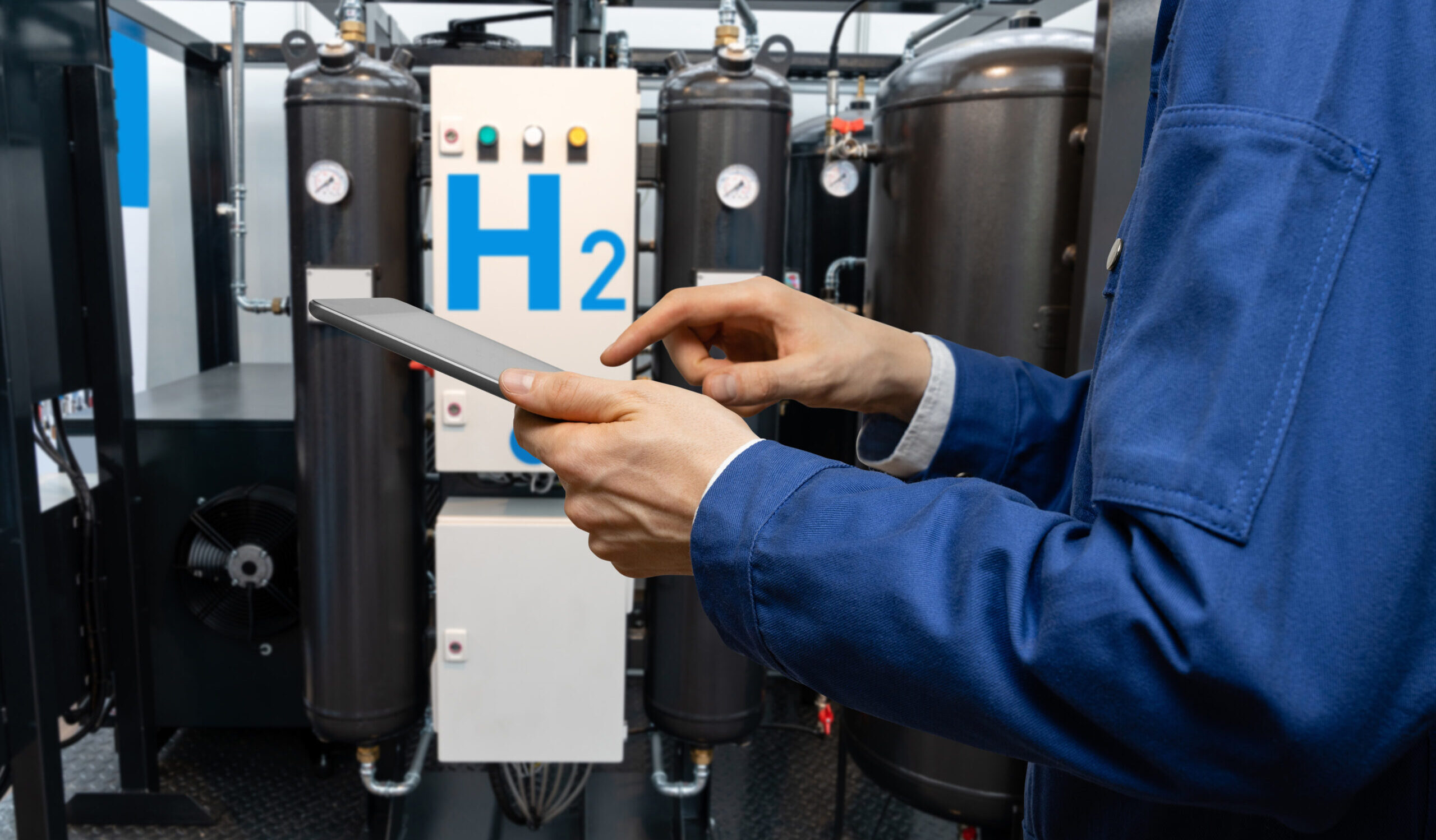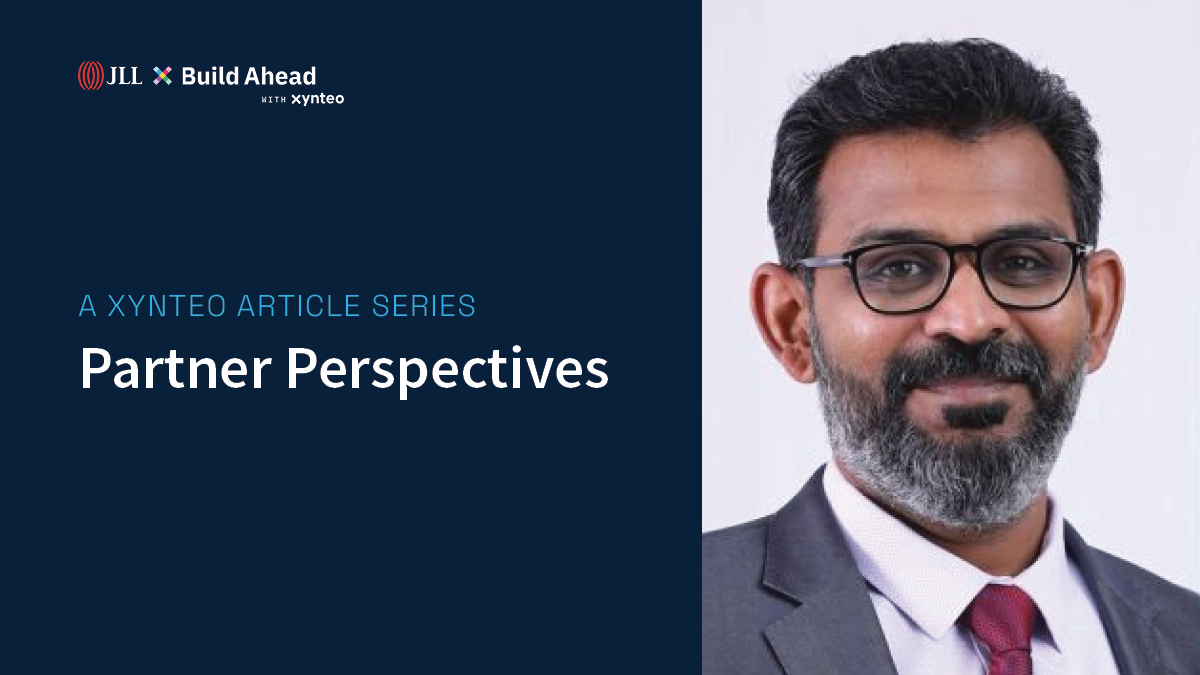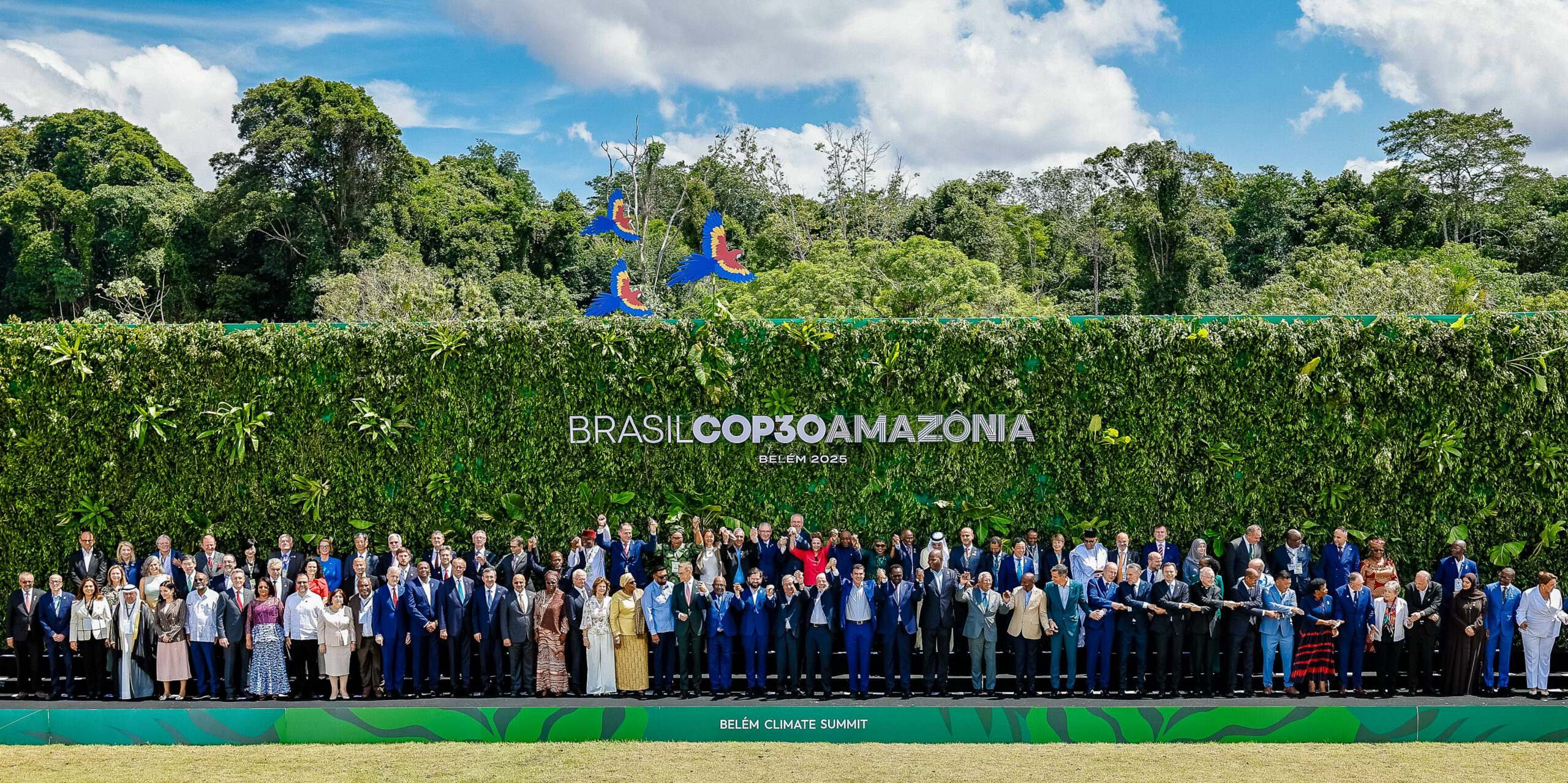With senior leaders from Baker Hughes, Tata, HSBC, Mastercard, Unilever, EDP, ICRC and Shell, the Leadership Vanguard travelled to Bangalore to meet with entrepreneurs innovating for a low carbon and sustainable city.
Bangalore – “India’s Silicon Valley” – is the third fastest growing city in the world. As infrastructure has not kept up with the rapid growth, the city faces massive waste management problems, rampant air pollution and traffic congestion.
A vibrant community of entrepreneurs is working to solve Bangalore’s waste and transport challenges, with innovative solutions that can contribute to development that meets the needs of its inhabitants and the environment.
The leaders taking part in the 2019 Leadership Vanguard spent time in Bangalore investigating the most promising business models and met with a range of entrepreneurs and experts to learn about the real challenges on the ground. They will select the most promising enterprises and explore how they might collaborate to accelerate and maximise their scaling plans to achieve even greater impact.
Smart solutions to systemic waste problems
To investigate how local innovators are improving waste management, the Vanguard team visited a rich array of entrepreneurs who are building smart solutions to the city’s systemic problems.
Bangalore generates 6000 tonnes of waste per day, but as rates of segregation are only around 30 per cent, large quantities of waste end up in landfills. Mismanagement such as mixing of organic and inorganic waste is widespread in India due to the lack of recycling value chain. Waste dumping within residential areas is common and leads to major health and fire risks.
The first visit was to tech start-up TrashCon, a firm focused on solving Bangalore’s waste segregation challenge. Founded by 23-year old Nivedha RM, TrashCon manufactures decentralised municipal solid waste segregation systems using a semi-automatic Municipal Solid Waste Segregator called the “Trashbot”.
Nivedha demonstrated how the Trashbot segregates completely mixed waste into biodegradable and non-biodegradable components. TrashCon offers a Zero Waste solution for mixed and contaminated waste that would otherwise end up in landfill.
Another notable enterprise was Carbon Masters, which turns waste into energy. Carbon Masters converts organic waste into Bio-CNG, the purified form of biogas, which is bottled and sold as a cooking gas, known as Carbonlites. If scaled, Carbonlites will enable local communities to not only benefit from a renewable supply of gas, but also reduce GHG emissions and the health and environmental impacts of waste dumping.
The Vanguard team also met Boson White Water, an enterprise taking on India’s water scarcity challenge. The team recycles waste water from large corporate and residential buildings, treats it on-site and sells the drinkable water back at a cheaper rate and at a higher quality than the tanked-in supply. Considering the urgency of India’s water scarcity challenges and depletion of ground water, Boson’s work has a really critical societal relevance.
Accelerating sustainable mobility to improve traffic and pollution
The Vanguard leaders also visited enterprises who are addressing Bangalore’s congestion and air pollution challenges through providing accessible, affordable, and sustainable transport.
Rapid urban growth has manifested in a number of ways in Bangalore, a city notorious across India for its traffic congestion. Notably, it has the same number of cars as Delhi, yet just one third of the road space. In the 30-year period between 1981 and 2011, Bangalore’s population grew 77 per cent, but vehicle growth has seen a staggering 2599 per cent increase, catalysing air pollution and traffic congestion.
The team met with Sun Mobility at their Technology Centre to learn more about their ambitions to transform India’s adoption of electric vehicles (EVs). The enterprise was co-founded by Chetan Maini, who previously founded India’s first EV, the Reva, subsequently bought by multinational car manufacturer, Mahindra.
Sun Mobility’s goal is affordable urban transport run entirely on renewable energy. They make EVs more affordable by removing the expensive part from the vehicle, the battery, and plan to set up battery swapping stations across the city. This will allow drivers to fuel up according to their needs in less than 3 minutes.
Sun Mobility is developing electric vehicles of all sizes – from two wheelers to buses with automated battery exchange stations which take no longer than three minutes to complete the swap.
The team also visited enterprises focused on micro mobility through affordable bikes and scooters servicing last mile connectivity needs. India is the world’s third largest market for automobiles, with sales of 25 million vehicles in 2017. Of these, more than 80 per cent were two-wheelers.
Yulu Bikes provide users the option to ride e-bikes and bicycles in Bangalore. Yulu, who recently teamed up with Uber, offers e-bikes which can reach speeds of 25 km/hr – higher than the average speed (17mph) on Bangalore’s roads.
Vogo, a dockless scooter rental company lets customers rent scooters for short trips. It’s led by entrepreneurs with ambitions to reach 100,000 rides per day by the end of the year. Vogo has filed several patents for in-house technology built in order to minimise vandalism and theft. Ten percent of the fleet is electric, but they plan to electrify their entire fleet in the next 18 months – a step which is likely to have a huge impact.
The scooters, which can be rented and unlocked through an app and QR code, are helping to meet consumer’s last mile connectivity needs. As they position themselves as functional scooters for short trips, they attract daily users across different kind of customers – running errands, accessing mass transit, leisure etc. They are currently active in 4 cities and looking to expand.
Gayam Motor Works provides electric three-wheelers and last mile distribution for business clients such as IKEA, Flipkart and online supermarket Big Basket, who’s CEO joined the meeting. Three-wheelers, also known as “autorickshaws” or simply “autos”, are one of the most used transport modes on Indian roads and have a huge potential to reduce emissions and air pollution.
To build an EV suited for Indian roads, Gayam works with transporters who provide their fleets to delivery and logistics companies. They are a B2B company currently setting up charging infrastructure at clients’ warehouses with the aim of building a network of charging stations through which they can explore the B2C market.
Leveraging the potential of enterprise to create sustainable urbanisation
Bangalore’s entrepreneurs are hungry for change but face barriers in their quest to scale. They are finding new routes to success, and partnerships with large corporates can offer an exciting opportunity to accelerate their impact.
Many of their challenges relate to government engagement, infrastructure, technical skills and core business skills – areas where the Leadership Vanguard partners can contribute.
By drawing on the global networks, business skills and supply chains of the Leadership Vanguard participants, the Low Carbon Cities team aspires to collaborate with some of these innovators to support their ambitions for building low carbon and sustainable mobility solutions for Bangalore.
In the upcoming weeks, the Leadership Vanguard team will identify which enterprises to work with and provide an acceleration package to help their business model grow.
The Vanguard aims to bring different actors together – impact enterprises, leaders, experts and global companies – in an ecosystem that collaboratively drives sustainable urbanisation through improved waste management and sustainable mobility in India.
Thanks to V Ravichandar, Chairman of Feedback Consulting, OP Agarwal, CEO of WRI India, Sanjay Sridhar, C40 Regional Director for South and West Asia, Dr. Ashwin Mahesh, journalist, technologist and former NASA climate scientist for their insightful presentations to the Vanguard team in Bangalore which provided much of the context and background information for this blog.
Leadership Vanguard
- Xynteo’s 12-month acceleration and leadership development program featuring leaders from Baker Hughes, A GE Company, Energias de Portugal, HSBC, ICRC, Mastercard, Shell, Tata and Unilever.
- Participants bring together capabilities, networks and knowledge to collaborate on accelerating impact enterprises and developing new markets.
- Participating ‘Catalysts’ are divided into three themes, each focusing on a global challenge. In 2019, these challenges are:
- Financial Inclusion,
- Low Carbon Cities and
- Revaluing Plastics.
The Revaluing Plastics team recently completed a field trip to Bangalore to explore plastic waste management and the Financial Inclusion team travelled to Dar es Salaam.
–
Stay up to date with our latest interviews by following us on social media (LinkedIn I Twitter), or Contact Us to find out how we can help your leaders and organisation create people and planet-positive impact.



